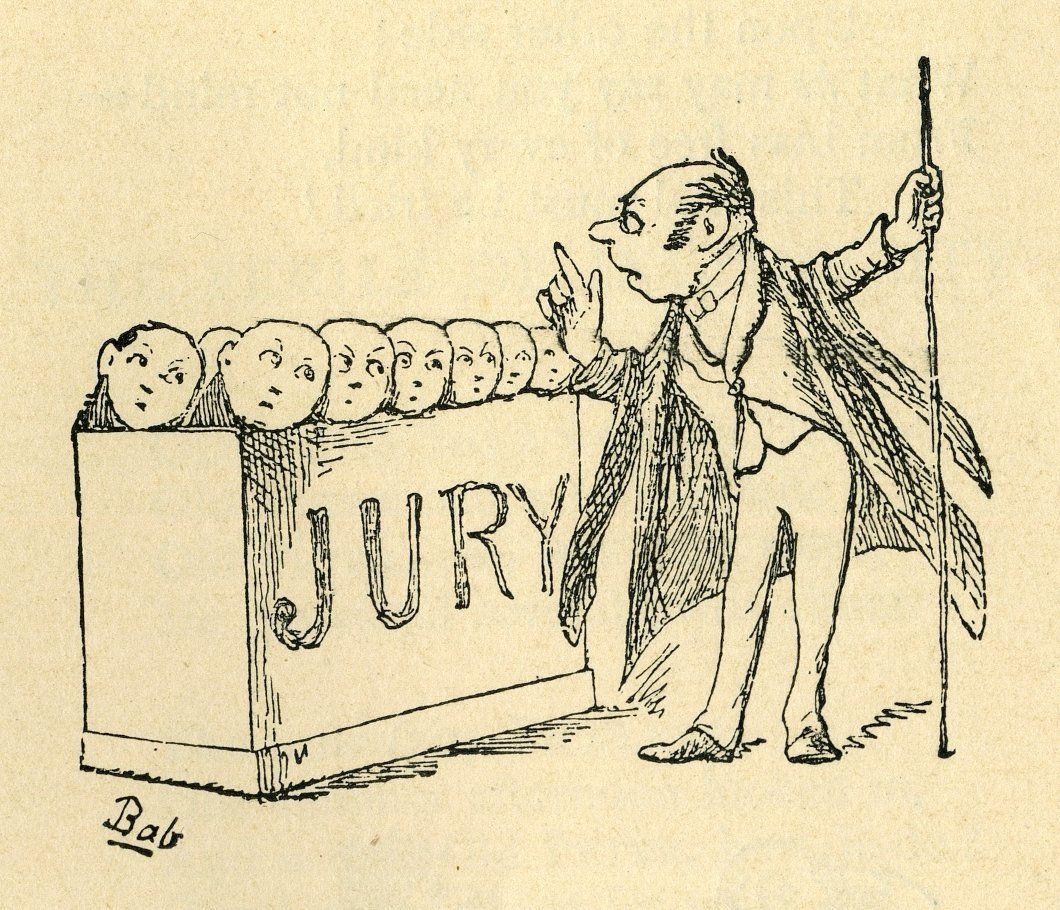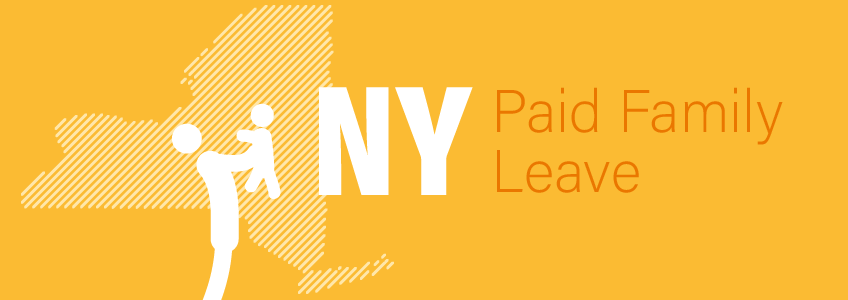What Rights do Domestic Employees have?
Understanding the Legal Rights of Domestic Workers in New York.
Domestic workers, including nannies, housekeepers, and caregivers, play a vital role in our economy, and they have rights under Federal and New York labor laws.
Coverage under New York Labor Laws
Domestic workers in New York are protected by the New York Domestic Workers' Bill of Rights, which was enacted in 2010. Under this law, domestic workers are entitled to a minimum wage, overtime pay, and safe working conditions. The minimum wage varies depending on the region, but is $15 per hour in downstate New York. Additionally, domestic workers must receive overtime pay at a rate of 1.5 times the regular hourly wage for hours worked in excess of 40 hours in a workweek.
Domestic workers must also receive one day of rest each week. If the worker is compelled to work on her day of rest, the worker must receive overtime pay for that day.
After one year of work, the domestic worker must have at least 3 paid days off.
Overtime Pay
Domestic workers are also entitled to minimum wage and overtime under the Fair Labor Standards Act and New York Labor Law for hours worked in excess of 40 hours per week. This means that if the domestic worker works more than 40 hours per week, and receives the same amount of pay for each week, the employer probably violated applicable wage and hour laws. However, an employer’s obligations differ for live-in domestic workers.
Live-in Domestic Workers
A “live-in” domestic worker is defined as an employee who spends at least 120 hours living and working on the employer’s premises, or one who spends five consecutive days on the employer’s premises.
An employer has different obligations to live-in domestic workers differ. First, they must be provided with appropriate sleeping accommodations in a separate room, with a bed and door. Second, under New York law, they must receive overtime under New York Law after 44 hours of work. Third, even though they are eligible for overtime under New York Law, live-ins are exempt from overtime under the Fair Labor Standards Act. Many domestic workers are being paid a flat rate for workweeks in excess of 40 or 44 hours per week, which violates wage and hour laws because such a wage does not include premium overtime pay.
Discrimination and Harassment
Domestic workers are also protected against discrimination and harassment in the workplace under State and Federal laws. It is illegal for employers to discriminate or harass an employee based on factors such as race, gender, religion, national origin, or disability.
Conclusion
Domestic workers in New York have unique legal rights and protections under State and Federal laws. It is crucial for employees to understand their rights. If you are a domestic worker and believe your rights have been violated, it is important to consult with an experienced employment attorney who can provide guidance and advocate for your rights.










